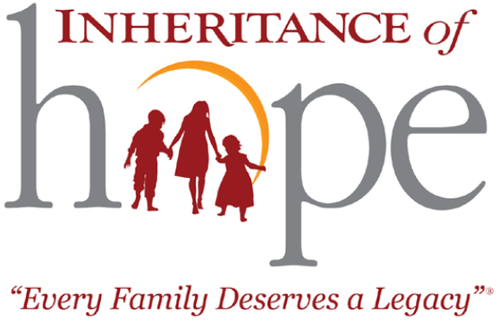Helping Children Prepare
Taking Care of Your Kids
After a loved one has just died: Hold your children close. Make it clear that they are safe. Tell them how you are feeling.
A child’s reaction to death might seem inappropriate to adults. They might laugh, or seem unaffected, or have many questions about burial/cremation. Try to answer these questions in a concrete way. The younger the child, the shorter their attention span for anything, including grief.
Input from religious figures (pastors, Sunday school teachers) can help if your children are already in a relationship with them. However, remember that abstract spiritual ideas can be hard for young children to grasp.
Viewing the body is usually more helpful than harmful, though it should not be forced. Sometimes children have images in their mind that are more scary than reality, and it helps to see their loved one’s body. Prepare your child for what it will be like, offer support, and answer questions.
Remember that your child’s questions will probably seem surprising to you (for example, a lot of children imagine that part of the body is missing if the casket is only partly open).
Funeral rituals help to make death a reality. Include your child in rituals in a way that is comfortable. Examples: empower children to select flowers; allow children to read or perform a musical selection.
Children often find comfort in putting something in the casket/cremation with their loved one. It could be a letter, picture, stuffed animal, or drawing. If possible, take a picture of your child with the object or make a copy of it, so they can revisit it later.
Be sensitive to a child’s need to take a break from whatever is going on. Find a “point person†or two to take kids outside for breaks if they are at a long event like a visitation and need a change of scenery.
Kids need time to play, especially when they are grieving or under stress. Give choices whenever possible. This helps a child feel more control. Examples: what to wear to the funeral; who to sit with at the funeral; what day to go back to school; whether to go to a friend’s house to play.
People often say inappropriate/ unhelpful things to people who are grieving. They might have no idea what to say to a child. Tell your children ahead of time that when people are sad, they may act strange or say strange things, and that you will help them understand at a later time. A good answer to many adult comments is “thank you,†since most people are just trying to express their sympathy
On the day of the funeral, if your child really does not want to go, encourage them to but do not force. Explain what will happen at the funeral beforehand as much as you can. Examples: show them the bulletin; explain pallbearers.
Structure and routine are very comforting to a child. School is a great place to get back in a routine. Make sure the child’s teacher and school counselor are informed as soon as possible; they can prepare the other students and instruct them in how to support your child appropriately.
Give your child permission to experience different kinds of emotions. Boys, especially, may feel embarrassed about crying, and it is important to reassure them that crying is a very normal thing to do when someone is grieving. It is also very normal to laugh, be silly, be “down,†or mad – often all of those feelings can happen in a very short time.
Kids often worry about whether they will be taken care of when a loved one dies. Their questions may seem self-centered because they are trying to figure out how things will change or stay the same for them. For instance, a child may ask if he/she is still going to have a birthday party next month when that is the farthest thing from their parent’s mind. Try to be patient and recognize that reassuring them about these things will help calm their worries.
Additional Resources
Dougy.org
StephenMinistries.org
ChildrenGrieve.org
HospiceNet.org
GrowthHouse.org
HoleInTheWallGang.org
SeriousFunNetwork.org
FocusOnTheFamily.com
Theravive.com
CornerstoneOfHope.org
StephenMinistries.org
ChildrenGrieve.org
HospiceNet.org
GrowthHouse.org
HoleInTheWallGang.org
SeriousFunNetwork.org
FocusOnTheFamily.com
Theravive.com
CornerstoneOfHope.org

PO Box 90
Pisgah Forest, NC 28768
914.213.8435
InheritanceOfHope.org
Pisgah Forest, NC 28768
914.213.8435
InheritanceOfHope.org
